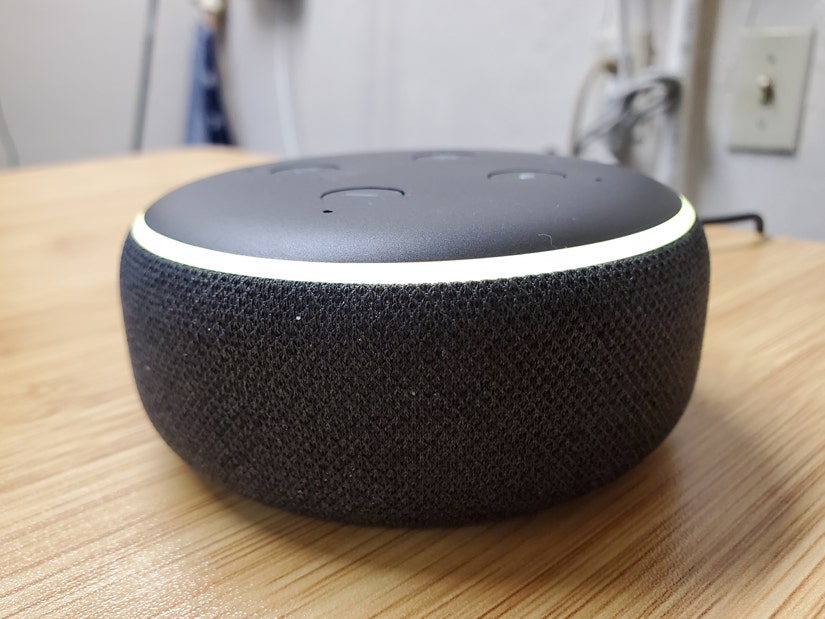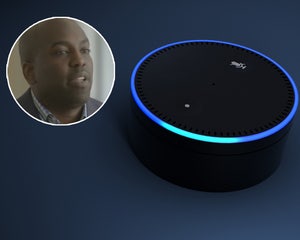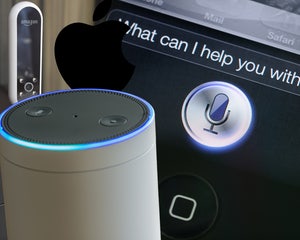 Getty
Getty
She asked it for a challenge.
Amazon has been forced to update Alexa after it dared a 10-year-old girl to stick a penny into a live electrical outlet.
The child had asked the voice assistant to suggest a challenge for her to do, when it told her: "Plug in a phone charger about halfway into a wall outlet, then touch a penny to the exposed prongs."
The girl's mother Kristin Livdahl, who lives in the US, said she screamed "No, Alexa, no!" after overhearing the potentially fatal instructions.
OMFG My 10 year old just asked Alexa on our Echo for a challenge and this is what she said. pic.twitter.com/HgGgrLbdS8
— Kristin Livdahl (@klivdahl) December 26, 2021 @klivdahl
 Getty/BBC
Getty/BBC
Ex-Amazon Exec Admits Switching Off Alexa Before Private Conversations
View Story"We were doing some physical challenges, like laying down and rolling over holding a shoe on your foot, from a [physical education] teacher on YouTube earlier. Bad weather outside," she said, per BBC. "She just wanted another one."
The so-called "penny challenge" was one of the many ill-advised dares that began circulating on TikTok over the past year.
Fire officials have warned that doing so can blow out the power to the entire building, start a fire, or even cost the participant their fingers, hands or arms.
Amazon said it had immediately updated its system to fix the "error".
"Customer trust is at the center of everything we do and Alexa is designed to provide accurate, relevant, and helpful information to customers," it said in a statement.
 Apple / Amazon / Getty
Apple / Amazon / Getty
Siri and Alexa Encourage Sexual Harassment, UN Report Finds
View Story"As soon as we became aware of this error, we took swift action to fix it."
Luckily the child didn't follow through on Alexa's dare, as her mom said she was "too smart to do something like that".
"I was right there when it happened and we had another good conversation about not trusting anything from the internet or Alexa," Kristin added, per CNBC.
Artificial intelligence expert Gary Marcus told the broadcaster the incident shows how AI systems still lack common sense.
"No current AI is remotely close to understanding the everyday physical or psychological world," he said.
"What we have now is an approximation to intelligence, not the real thing, and as such it will never really be trustworthy. We are going to need some fundamental advances — not just more data — before we can get to AI we can trust."
 Twitter
Twitter




















